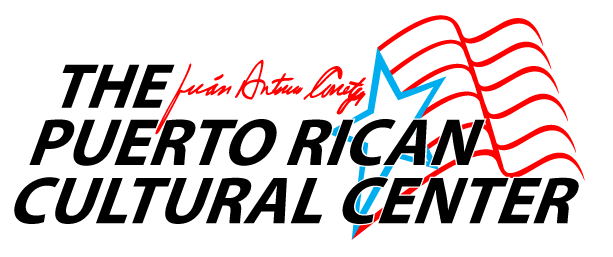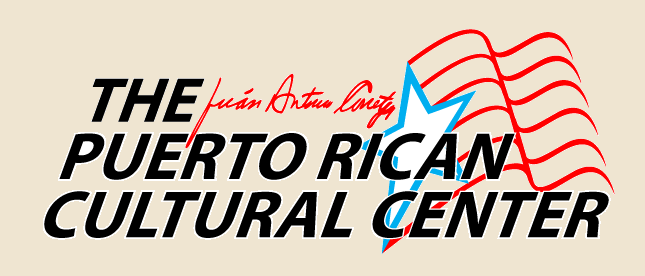On a cold evening in Brooklyn, New York, over 300 people gathered inside Trinity Lutheran Church for a special Black History month event dedicated to Oscar Lopez Rivera, the longest held political prisoner in Puerto Rican history. The historic event, convened by a group of local leaders, featured an inspiring dialogue between Reverend Samuel Cruz, Senior Pastor of Trinity Lutheran Church, Jose Lopez, Executive Director of Chicago’s Puerto Rican Cultural Center and brother of Oscar, and Dr. Cornel West, one of the most important public intel- lectuals in U.S. society and expert on the Black religious and political tradition. In the audience were several special guests, including Congresswoman Nydia Velazquez, newly minted New York City Council Speaker, Melissa Mark-Viverito and Councilman Carlos Menchaca.
Building on a public conversation between Reverend Cruz and Dr. West held in Puerto Rico last year, the evening was filled with lessons about the meaning of solidarity, the importance of hope in political struggle, and, above all, the centrality of love and commitment to the cause of freedom. At the center of these lessons was Oscar, an incarcerated patriot of the Puerto Rican people that commands the love, respect, and support of a countless number of people around the world.
Rev. Cruz commenced the dialogue making clear the purpose of the conversation: the immediate freedom of Oscar. Receiving a standing ovation, Dr. West began by invok- ing the legendary Black sociologist and political figure, W.E.B. Du Bois, and posing questions about how the oppressed could confront oppressors without compromising their humanity, love, and ethics. Distinguishing those that raised their “voice” against injustice with those that merely “echo,” he drew parallels between the Black and Puerto Rican experience. Throughout his commentary, Dr. West paid homage to Puerto Rican national figures the likes of Ramo?n Emeterio Betances, Dr. Pedro Albizu Campos, and Julia De Burgos, and visionaries of the Black Freedom movement the likes of Fannie Lou Hamer, Ella Baker, and Malcolm X. One of the most powerful moments of the evening was when Jose Lopez described how Oscar’s survived and, in a sense, transcended his twelve year long placement in a sensory deprivation control unit at the U.S. Penitentiary Marion.
Oscar, his brother told the audience, transformed his imposed isolation into a choice of solitude, thereby refusing to allow his jailers to break his mind and spirit. Jose E. Lopez also read a moving letter from Oscar to Dr. West. At the conclusion of the event and a barrage of photos and em- braces, Dr. West signed a petition calling on U.S. President Obama to release Oscar. As the New York chapter of the National Boricua Human Rights Network noted on its Facebook page, “He signed, have you? Let’s get thousands to sign!”
Letter from Oscar Lopez to Cornel West
Dear Dr. West:
I would like to express to you my heartfelt gratitude for the solidarity you have shared with our just and noble cause, and especially, for all your endeavors to make this a better and more just world. Our struggle to eradicate colonialism in Puerto Rico and to make our homeland a nation where freedom, justice and participatory democracy prevail is part and parcel of the struggle for a better and more just world. i’m fairly certain we will be victorious.
The neoliberal agenda for the new millennium of the few countries that are in control of the world
has not found fertile grounds in Latin America for its implementation, and the majority of the world community no longer accept wars and regime changes as a solution to the problems it faces.Our struggle against colonialism and for the independence of our homeland has existed for over two centuries, and neither the Spanish imperialist regime or the u.s. government have been able to defeat it. Because the courageous women and men who initiated it did so as an act of love and compassion. And every generation that has given it continuity have done with the same courage, love and compassion.
For those of us who have struggled against u.s. colonialism race matters. The Spanish and the u.s. government have used racism to keep us under their colonial chains, and to divide us. Even before the u.s. government invaded and occupied Puerto Rico militarily it had labeled our people as a mongrel race. And that racism still prevails. But the father of our homeland, Dr. Ramon Emeterio Betances, exhorted our people always to be proud of our dark skin, and to this day we continue to affirm and celebrate our African roots.
As we celebrate Black History Month we do it knowing we have a long struggle ahead of us. But we know a better and more just world is possible as long as we dare to struggle for it. And some day we will celebrate who we are as a people and as a one race – the universal human race. A big hug with short Puerto Rican arms and with a heart full of love for you and your loved ones. EN RESISTENCIA Y LUCHA, OLR.






